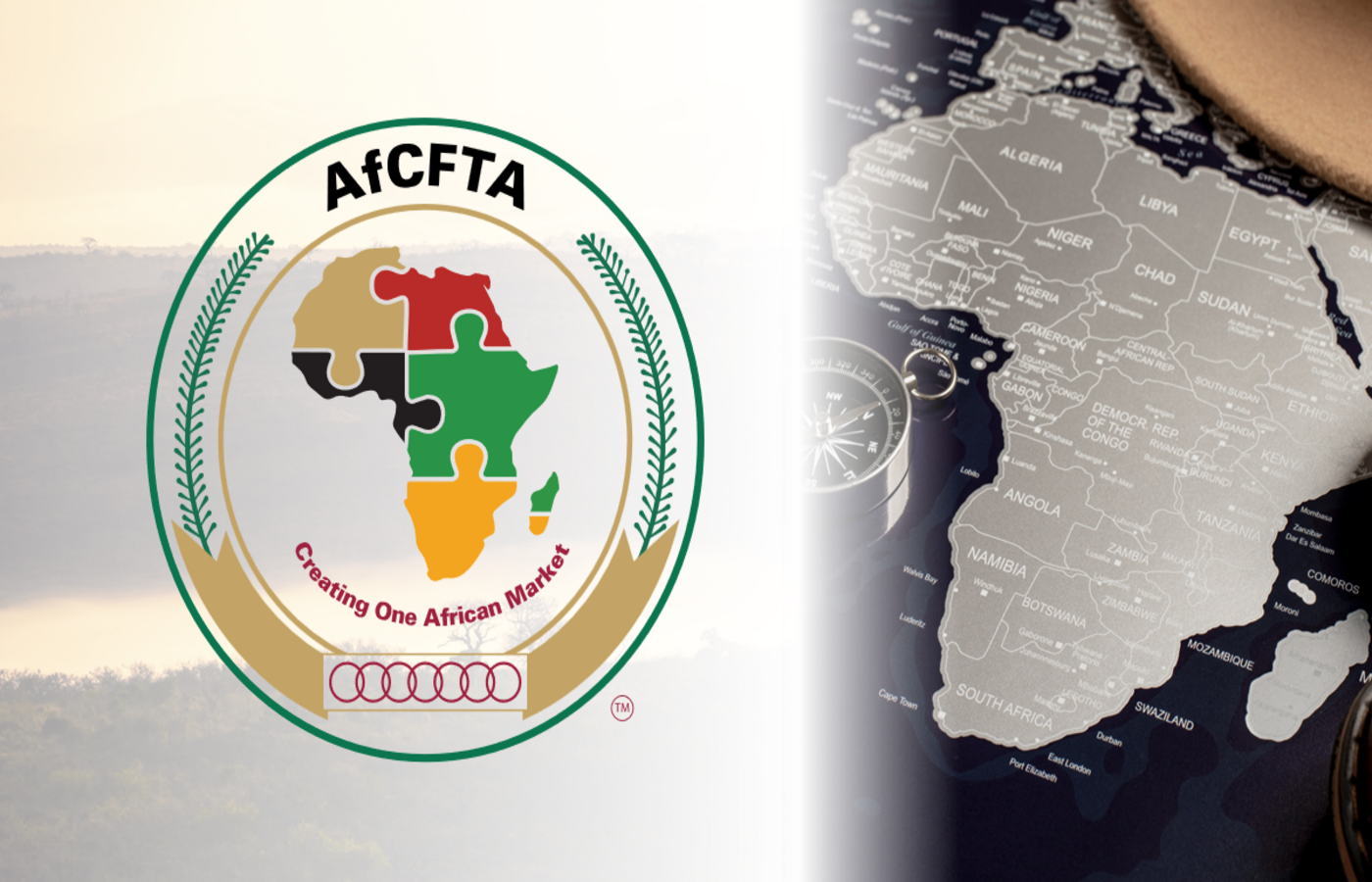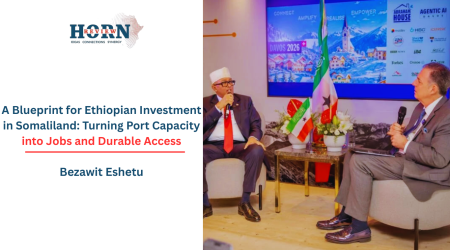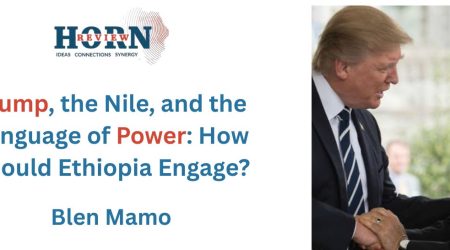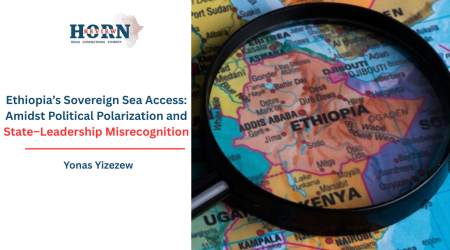
12
Feb
AfCFTA’s Digital Inclusion Mandate: Bridging the Gap in Ethiopia and the Horn of Africa
The African Continental Free Trade Area (AfCFTA), one of the leading projects of Agenda 2063, has entered into force on May 30, 2019. It has the mandate to create a single continental market with a population of about 1.3 billion people and a combined GDP of approximately US$ 3.4 trillion. Measured by the number of countries participating, the AfCFTA agreement will create the largest free trade area in the world. It aims to eliminate trade barriers and promote cross border trade and investment within Africa. Its successful implementation promises to enhance Africa’s competitiveness by driving industrialization, job creation, and investment.
One of AFCFTA’s transformative components is the Digital Trade Protocol (DTP), which strives to promote digital inclusion and harmonization of digital trade policies among member states. This Protocol is an integral part of the AfCFTA Agreement and the broader vision of Africa Union’s Agenda 2063. The DTP further aims to harness digital technologies and innovation to foster intra-African trade and investment, develop economic integration and generate inclusive economic growth in line with the objectives of AfCFTA. Through facilitating the development of various services in trade and investment, the protocol is expected to amplify the anticipated gains from the AfCFTA.
For Ethiopia and the broader Horn of Africa region, digital inclusion under AfCFTA presents both opportunities and challenges. While these countries struggle for lack of digital infrastructure and regulatory fragmentation, this initiative will provide a roadmap for fostering digital trade, accelerating innovation and ensuring that no country is left behind in the global digital economy.
As Ethiopia works towards addressing existing strategic gaps and building an inclusive digital economy, its strategic geographical positioning and growing digital industry make it a prime contender to benefit from the AfCFTA’s DTP. Moreover, Ethiopia’s implementation of the ‘Digital Ethiopia 2025 Strategy’ in developing its electronic commerce with an e-commerce strategy, plays a significant role in the digitalization of trade and investment. These strategies aligned with the goals of AfCFTA showcase Ethiopia’s preparation for the adoption of the protocol. This alignment enables Ethiopia to leverage its comparative advantages in sectors like agriculture and manufacturing, setting the stage for sustainable economic expansion using digital trade and investment.
The Horn of Africa Digital Market Integration (HDMI) is another initiative that supports the implementation of AfCFTA’s DTP by promoting inclusive and sustainable economic growth through digital solutions to Ethiopia and the broader Horn of Africa region. In addition, it aims to strengthen development of more deeply integrated economies across the Horn of Africa region, through creation of a Single Digital Market across Djibouti, Ethiopia, Somalia, South Sudan and Sudan. The effective implementation of AfCFTA’s digital trade and the Horn of Africa Digital Market Integration (HDMI) project is crucial in addressing intersecting challenges the region has faced.
Despite improvements in digital connectivity, the Horn of Africa is still facing challenges. These challenges in implementation of DTP stems from the region’s unique context, including underdeveloped skill level of the digital ecosystem, poor digital and offline infrastructure. Inhibiting policies and digital insecurity among countries with varying levels of development and diverse regulatory framework are other areas that will significantly jeopardize its implementation if not properly addressed.
In Ethiopia, for instance, the launching of the 5 Million Ethiopian Coders program aiming to build digitally skilled society, will improve the digital literacy and foster digital market integration in the country. Neighboring countries in the Horn of Africa should consider adopting similar initiatives to enhance their digital workforce. This initiative not only prepares the workforce for the growing digital economy but also encourages innovation and entrepreneurship. By investing in coding programs and digital education, these nations can bridge the skills gap, create employment opportunities, and accelerate their integration into AfCFTA’s digital economy.
Nevertheless, Africa’s market share of the digital trade globally is small, it has expanded rapidly, advancing beyond the global average. However, when compared to other African countries, the internet and e-commerce penetration in the Horn of Africa is particularly low. AfCFTA’s DTP will open pathways to facilitate such platforms to scale-up their operations at continental level.
One of the key stipulation of the protocol is that state parties that ratify the protocol agree not to impose customs duties on digital products transmitted electronically originating from other state parties. This measure is expected to lower the cost of digital trade and promote cross-border digital services.
Furthermore, in order to leverage effective utilization of digital trade it is vital to improve digital skills and internet access for businesses especially Micro, Small and Medium-size Enterprises (MSMEs) located in the region. Using satellite internet services in the digitally excluded remote areas of the Horn of Africa is another viable solution. On top of that, the Horn of Africa has the potential to economically develop primarily through industrialization that is driven by businesses that are able to access digital services inputs into their production and hire personnel that are of sufficient skill levels to be able to utilize and leverage digital and technological tools.
Ultimately, the effective implementation of AFCFTA’s digital trade protocol would not only boost intra African trade but also support the region to narrow the digital divide and foster digital trade and investment.Digital technologies have immense potential to enhance regional integration by providing access to critical information, enabling remote transactions, and optimizing resource management. Creating a single continent-wide digital market for trade and investment would reshape not only the Horn of Africa but the entire continent.
By Yonas Yizezew, Research and Consultancy Officer










